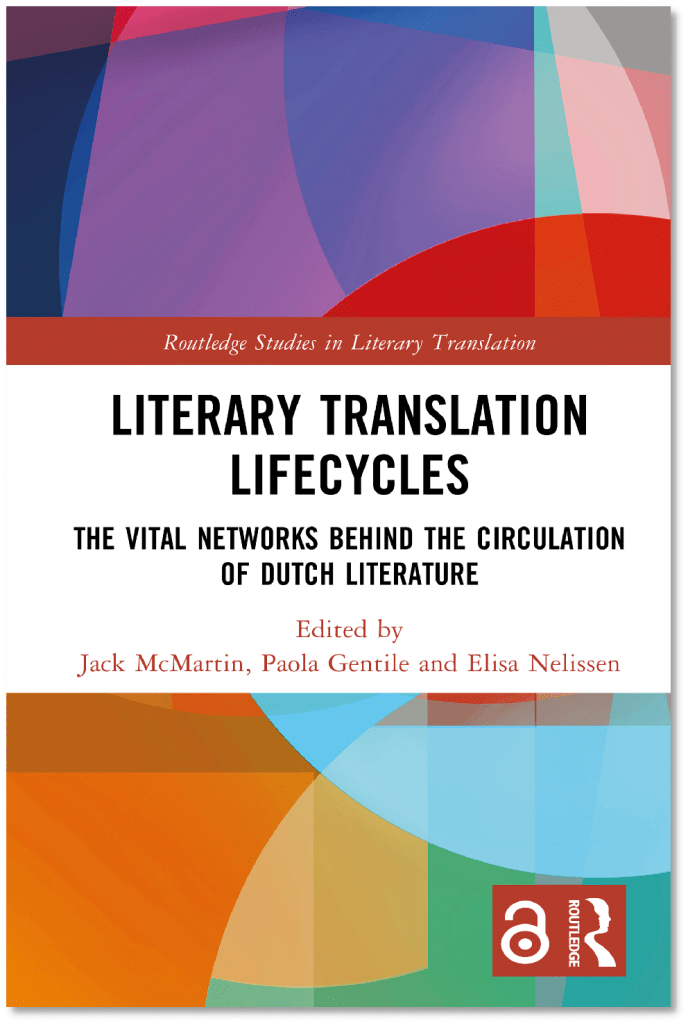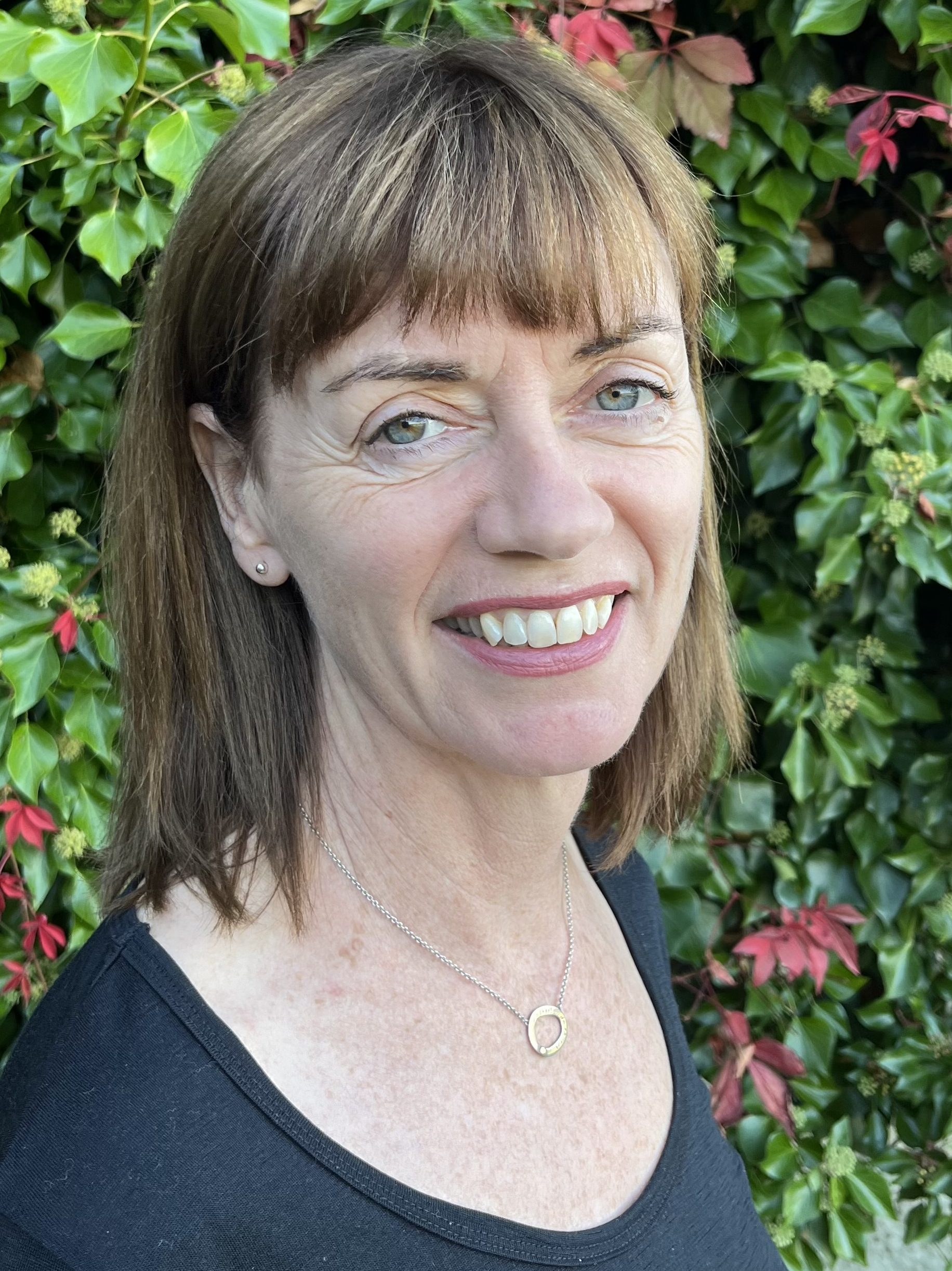CETRA is pleased to spread the word about the following call for papers, which comes to us from CETRA alumna Joana Roqué Pesquer.
Access the digital version call for papers here.
We reproduce the text of the call below.
The Politics of Small Scales
Digital, Economic, Social, and Aesthetic Transformations of Contemporary Presses
Date: 21-22 May 2026
Location: KU Leuven (Belgium)
Convened by Joana Roqué Pesquer (KU Leuven)
Keynote Speaker: D-M Withers (University of Exeter)
This interdisciplinary workshop seeks to explore the digital, economic, aesthetic, and social dimensions of contemporary small presses. Drawing on the concept of ‘politics of scale’ in human geography and political theory, which examines how social, economic, and political power is produced, contested, and reorganized across different scales (Smith, 1984), the present workshop complicates notions of ‘smallness’ by comparing how the work of small presses changes across geopolitical locations, especially when the economic infrastructures, digital dynamics, and social meanings of literary production are incorporated in the analysis.
Previous scholarship in the sociology of literature, as well as in cultural, literary, and publishing studies, has often defined scale in terms of polarity: small-scale local independent publishing as opposed to large-scale global conglomerate publishing (Thompson, 2012). While mapping the literary market in macro-scales or poles is needed to capture the contrast between business models and practices, it does not account for the intersection of bigger and smaller scales depending on geographical, commercial, editorial, or digital networks. A good example can be found in the international orientation and local engagements of many contemporary small presses, which question national discourses from sites that are not the global capitals typically associated with literary production and transnational circulation. However, given the differences between contexts where small presses operate, as well as between presses themselves, smallness should not be taken as an all-encompassing category but rather as a multi-scalar concept in itself that can also be used and appropriated to many ends.
This multi-scalar perspective becomes key to understanding the interactions and relational spaces between big and small in a contemporary context marked by shared challenges such as the dominance of English in global literary relations (Mufti, 2016) and concurrent forms of multimodal storytelling beyond the printed book (Mantzaris, 2024). It also foregrounds small presses as sites with their own potentialities and limitations, examining, for instance, struggles over the infrastructures of scale as they thematize global challenges such as migration or climate change, and cultivate experimental literary or authorship forms, as well as solidarity-based economic models in the face of precarity, postdigitality, and technological transformation (Seita, 2017). Understanding scale as a spatial and temporal concept that is socially constructed also has the potential to analyze movement across scales from a historical perspective, such as how local and transnational solidarities in publishing initiatives have been created and sustained (Mathieu et al., 2012), or how self-financing and print-on-demand models reveal broader tendencies and inequalities regarding patronage and digital economic systems.
This cross-disciplinary, scalar approach is also aimed at considering the contemporary social engagements of small presses as they make use of these digital tools and more collaborative business models to position themselves politically and socially in the market. Continuing a longer and larger historical trajectory of small press activism, catalogues of contemporary small presses can feature literature that is underrepresented, has been out of print, or is, due to the former, deemed commercially unviable. This includes literature in translation that promotes works by emerging or established writers from marginalized communities, following principles of bibliodiversity and social engagement. By doing so, some small presses defend their ‘smallness’ as a political choice, ensuring progressive and intersectional values of ecologism, feminism, and anti-racism (Cura, 2022). Alongside their publishing practices, they also make use of digital platforms to organize and create spaces of resistance against white supremacist, colonial, and capitalist systems and in favor of freedom of speech such as the global solidarity collective Publishers for Palestine, which is made up of 639 independent and small presses around the world (as of September 13, 2025). Such explicit positionings, however, are not without risk in contexts of censorship, surveillance, or political oppression, leading committed publishers, authors, or translators to work in exile or adapt their editorial and scalar politics.
Bringing these dynamics together, the workshop will focus on the intersections of four main topics:
- Digitality/Postdigitality
- What forms of cultural or political agency emerge when small presses negotiate digital infrastructures, and how do these reconfigure power across scales?
- How can the politics of scale help us rethink postdigitality in small press publishing, in contexts where digital and material practices are inseparably entangled?
- How do small presses negotiate the contradictions of autonomy and dependency as they operate within larger digital, cyber, or algorithmic systems and global market scales?
- Economic Infrastructures
- What alternative or hybrid economic models (non-profit, cooperative) and print-on-demand (crowdfunding, presale, subscription-based) are small presses developing to support their work, and how are they shaping concepts such as value, sustainability, or solidarity?
- In what ways do the economic and labor infrastructures of small presses reveal how scale is produced, contested, and sustained in cultural economies?
- To what extent does funding or the market act as a form of structural constraint that shapes editorial politics, and how do presses theorize or resist these constraints through practice?
- Social Commitments
- How do contemporary small press practices and social engagements reflect a politics of scale?
- How do small presses foster political and literary communities, and how might these communities be understood as counter-publics or sites of cultural resistance?
- How are small presses contributing to or resisting marketing trends that capitalize on social justice movements at multiple scales?
- Aesthetics
- In what ways can the aesthetic practices of small presses be understood as theorizing scale in practice, linking the micro-material object to broader political and cultural structures?
- How does the practice of translation in small press publishing unsettle dominant linguistic and cultural hierarchies, allowing texts to “jump scale” and reconfigure transnational literary circulation?
- How does the meaning of texts change across publishing formats, media, and infrastructures?
Format
This workshop invites scholars, practitioners, and publishers to engage in critical discussion on any of these questions, as well as the interdisciplinary methodological approaches employed to study them. To stimulate as much interaction as possible, the workshop will be based on pre-circulated papers of up to 3000 words. Depending on the number of submissions, participants might be asked to act as respondents to other pre-circulated papers.
Submission Guidelines
- Please submit a 300-word abstract and a 150-word biography to collab@kuleuven.be by 5 December 2025.
- Notifications of acceptance will be sent out in January 2026 at the latest.
- The deadline for submitting the pre-circulated papers is 30 April 2026.
Organizing Committee
Marialena Avgerinou, Anna Sofia Churchill, Núria Codina Solà, Joana Roqué Pesquer, Sonja Faaren Ruud.
The symposium is part of the ERC Starting Grant project COLLAB, which looks at Collaborative Practices of Making Literature in Contexts of Migration and Displacement (PI Núria Codina Solà). The COLLAB project has received funding from the European Research Council (ERC) under the European Union’s Horizon Europe research and innovation programme (grant agreement n° 101076847). Views and opinions expressed on this website are those of the author(s) only and do not necessarily reflect those of the European Union or the European Research Council. Neither the European Union nor the granting authority can be held responsible for them.
Bibliography:
Cura, Faye. “Press(ing)work: The Labor Economics of Feminist Small Press Publishing in the Philippines.” Writing Women.
Mantzaris, Thomas. 2024. Multimodal Poetics in Contemporary Fiction: Design and Experimentation in North and Central American Texts. Cham: Palgrave Macmillan.
Mathieu, Paula, Steve Parks, and Tiffany Rousculp. 2012. Circulating Communities: The Tactics and Strategies of Community Publishing. Lanham, MD: Lexington Books.
Mufti, Aamir R. 2016. Forget English! Orientalisms and World Literatures. Cambridge, MA: Harvard University Press.
Seita, Sophie. 2017. “Thinking the Unprintable in Contemporary Post-Digital Publishing.” The Journal of Modern Periodical Studies11 (1): 144–151.
Smith, Neil. 1984. Uneven Development: Nature, Capital, and the Production of Space. Oxford: Basil Blackwell.
Thompson, John B. 2012. Merchants of Culture: The Publishing Business in the Twenty-First Century. 2nd ed. Cambridge: Polity Press.



